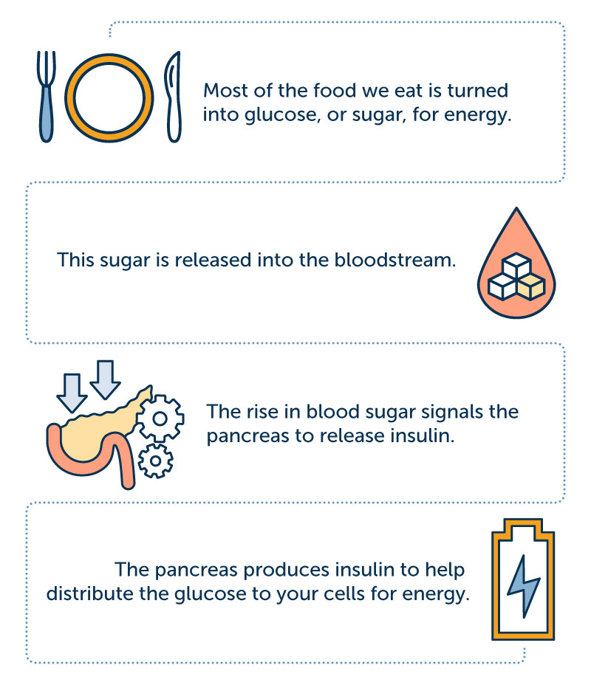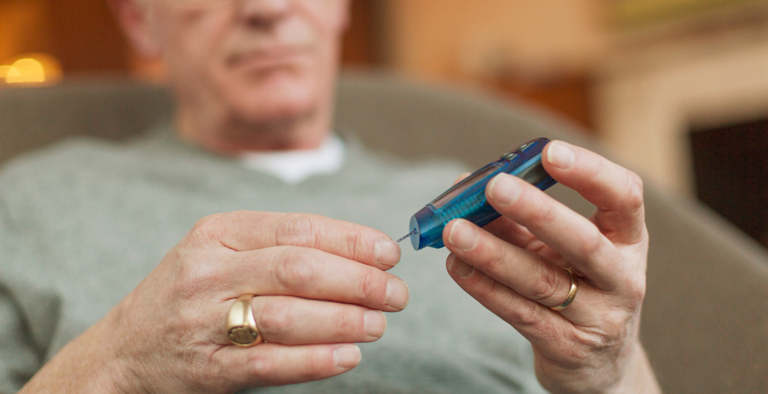Helping you fight back against Diabetes.
More than 62,000 South Dakotans are living with the daily challenges of diabetes, and there are thousands more with pre-diabetes – many of whom don’t even know it. The good news is, there are a lot of simple ways you can help prevent diabetes, and it’s even possible to undo pre-diabetes. You have every reason to do everything you can, so use these resources to learn more and make a plan.
Learn how to Undo the Risk Find Helpful Tips on our Facebook Page
Types of Diabetes
Learn more about prediabetes, type 1, type 2, and gestational diabetes.
Diabetes Prevention
Some forms of diabetes are preventable. Make efforts to lessen your risk.
South Dakota Diabetes Program
See how the SD Diabetes Program is helping improve the quality of life for those affected by diabetes.
Diabetes Management
Learn about managing life with diabetes, and where to get support and help for caregivers.
Diabetes Statistics
Find statistics about those who suffer from diabetes in South Dakota.
Diabetes Resources
Access educational materials, nutrition tips for diabetics, and events in the state.
Diabetes is a chronic condition in which the body does not properly process food into energy. When you have diabetes, your body either doesn't make enough insulin or can't use its own insulin as well as it should.
Insulin: an essential hormone created by the pancreas that regulates the amount of glucose (sugar) in the blood by distributing the sugar to the body’s cells to use as energy

How does diabetes change this functionality?
With type 1 diabetes, the pancreas stops producing insulin entirely.
With type 2 diabetes, either the pancreas produces too little insulin or the insulin doesn’t do its job properly.
The outcome of this is a spike in blood pressure and a lack of glucose providing energy to the body’s cells. This can lead to serious health problems like heart disease, kidney disease, vision loss, and even death.
Diabetes affects more than 62,000 South Dakotans and is the seventh leading cause of death in the state. The prevalence of diabetes has been steadily increasing for several years. As the rate and prevalence of people being overweight increases, diabetes rates are also expected to increase substantially.
Learn More About the Types of Diabetes Review the South Dakota Diabetes Plan


